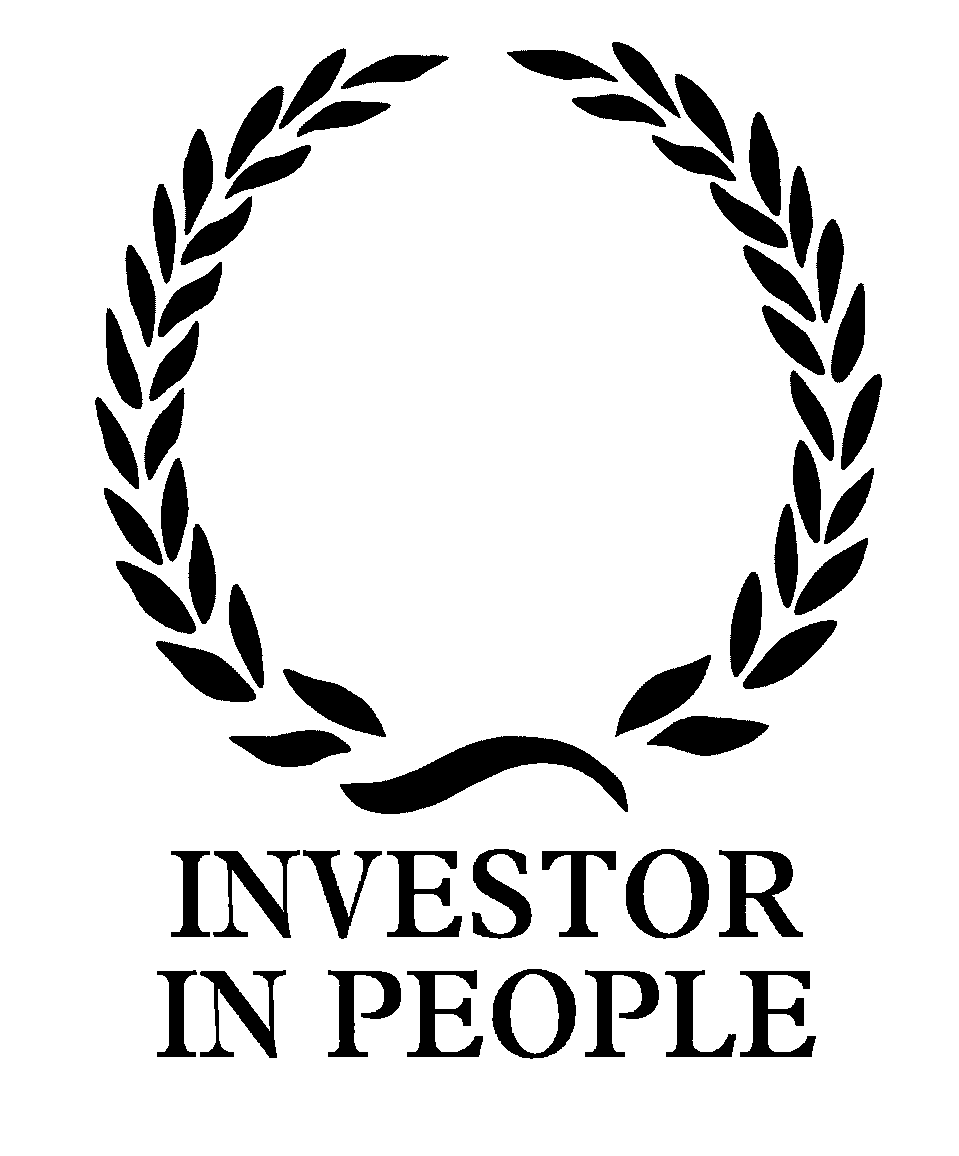






"Faith is taking the first step even when you can’t see the whole staircase." - Martin Luther King Jr
Intent:
At Etruscan Primary School, religious education (RE) plays an important part, in association with other subjects, in promoting pupils’ spiritual, moral, social and cultural development. We enable children to develop a sound knowledge of Christianity and other world religions, including Islam, Judaism and faiths of children within our school. Through our RE curriculum, children gain an understanding of the influence of religious and non-religious worldviews, values and traditions practiced by individuals and communities. They develop an understanding and awareness of religious beliefs and moral issues. Our RE curriculum prepares children for the next step in their education and for their lives.
‘Implementation:
At Etruscan, we deliver RE in line with the Stoke on Trent Agreed Syllabus 2021-2026. RE teaching begins in our Early Years Foundation Stage where children gain an understanding of the world, develop a positive attitude towards their peers and respect their right to have beliefs that are different to their own. The RE curriculum focuses on developing pupils’ ‘religious literacy’ by studying one religion at a time (‘systematic’ units) and then including ‘thematic’ units, which compare religions, beliefs and practices studied. Lessons begin by reflecting on prior learning before identifying which strand the lesson will be focusing on. Vocabulary is a key element in every lesson we teach. By discussing the vocabulary at the beginning of the lesson, we ensure all children can access all elements of the lesson.
Impact
Understanding of religious and non-religious worldviews is developed throughout the school (nursery through to Year 6). The knowledge is progressive and it allows links to be made. Children are enthusiastic about RE. They are able to form their own opinions and share their own religious beliefs. Children engage in debates and discussions around the topic. They are curious to find out more and make links between different religious and non-religious worldviews studied.
Characteristics of a theologist:
A good theologist is able to use the three main strands, which are developed throughout the school.
- Making sense of beliefs; children identify and make sense of core religious and non-religious beliefs and concepts; understanding what these beliefs mean within their traditions; recognising how and why sources of authority (such as texts) are used, expressed and interpreted in different ways, and developing skills of interpretation.
- Understanding the impact; children are able to examine how and why people put their beliefs into action in diverse ways within their everyday lives, within their communities and in the wider world.
- Making connections; children evaluate, reflect on and connect the beliefs and practices studied; this allows pupils to challenge ideas studied, and for the ideas studied to challenge pupils’ thinking; discerning possible connections between these and pupils’ own lives and ways of understanding the world.
Applying RE within other subjects:
- In geography, we use our map skills to help us to understand populations of religions around the world.
- We use music and art sources to help us to understand more about religious beliefs.
- In history, we look at how religions have changed over time and how religious beliefs have changed and shaped the world.
- We use computers to help us to research aspects of religion
Inclusion:
Teachers set high expectations for every pupil. They plan challenging work to enable all pupils to make good progress regardless of their academic ability or background. We expect all children to make good progress albeit from different starting points.








